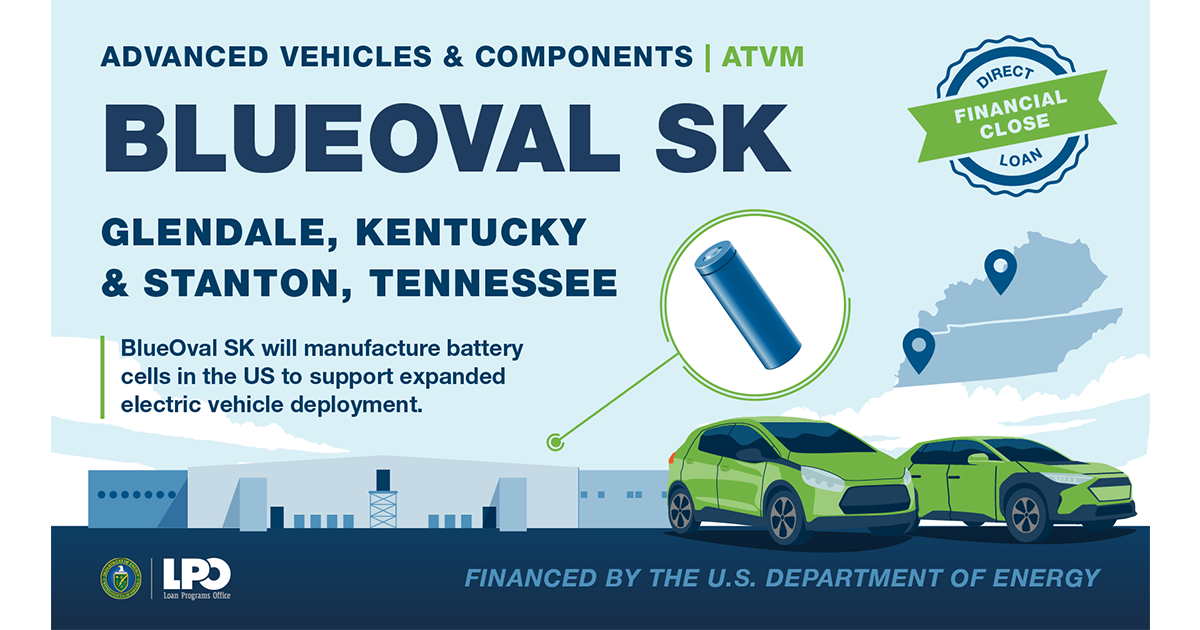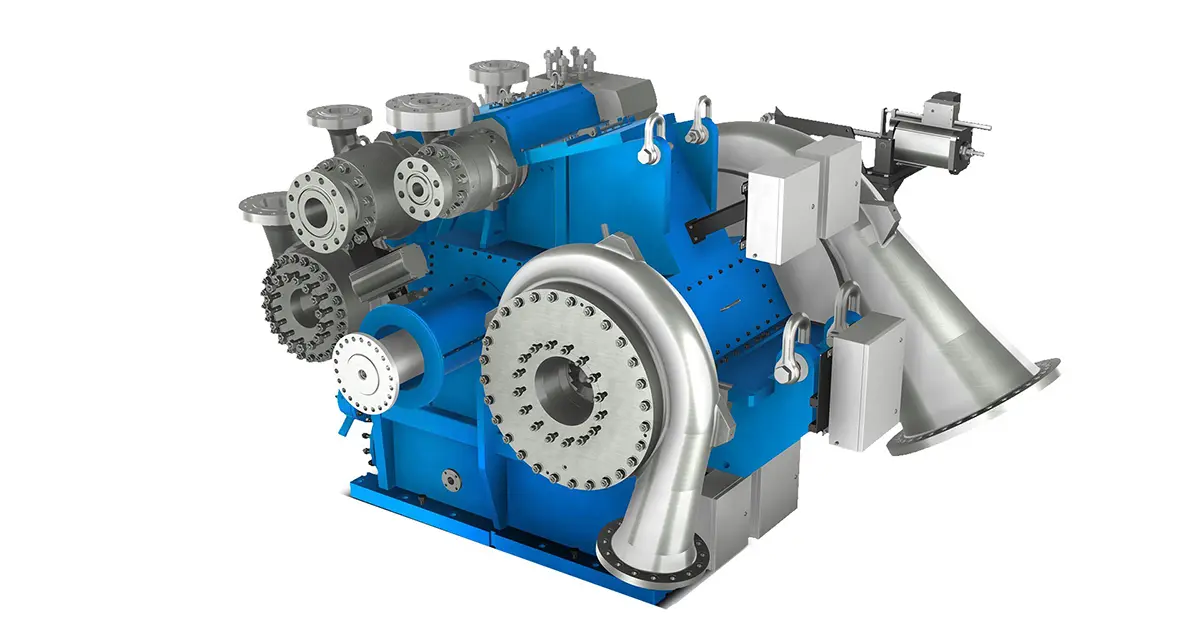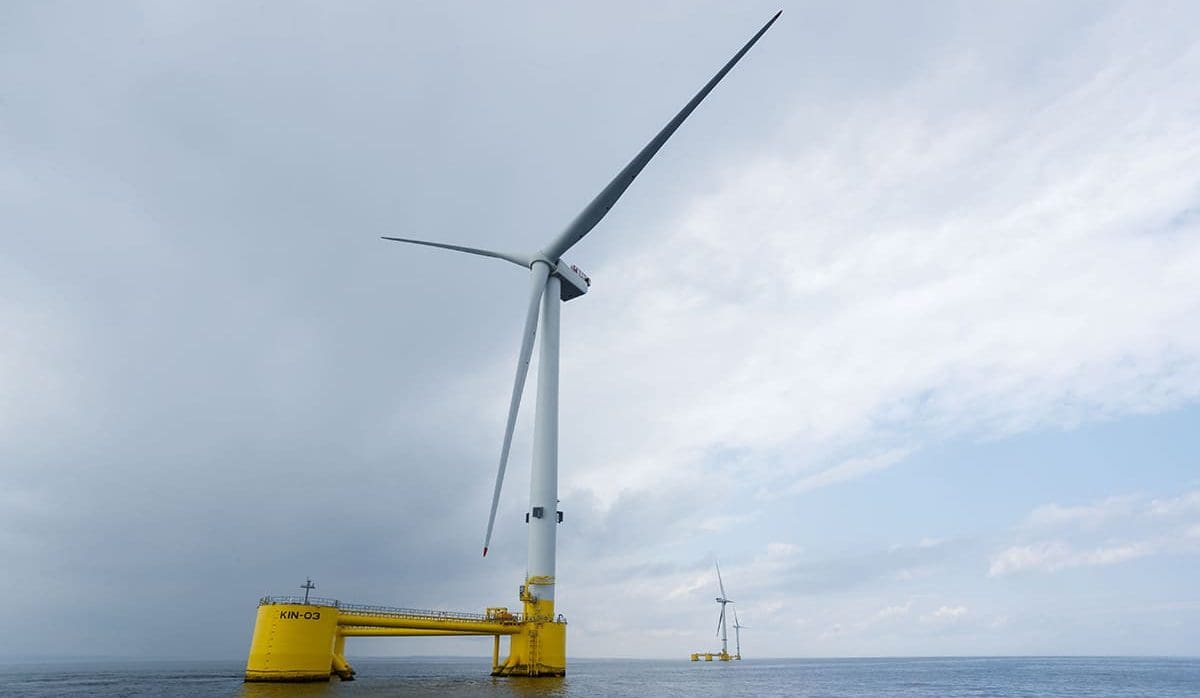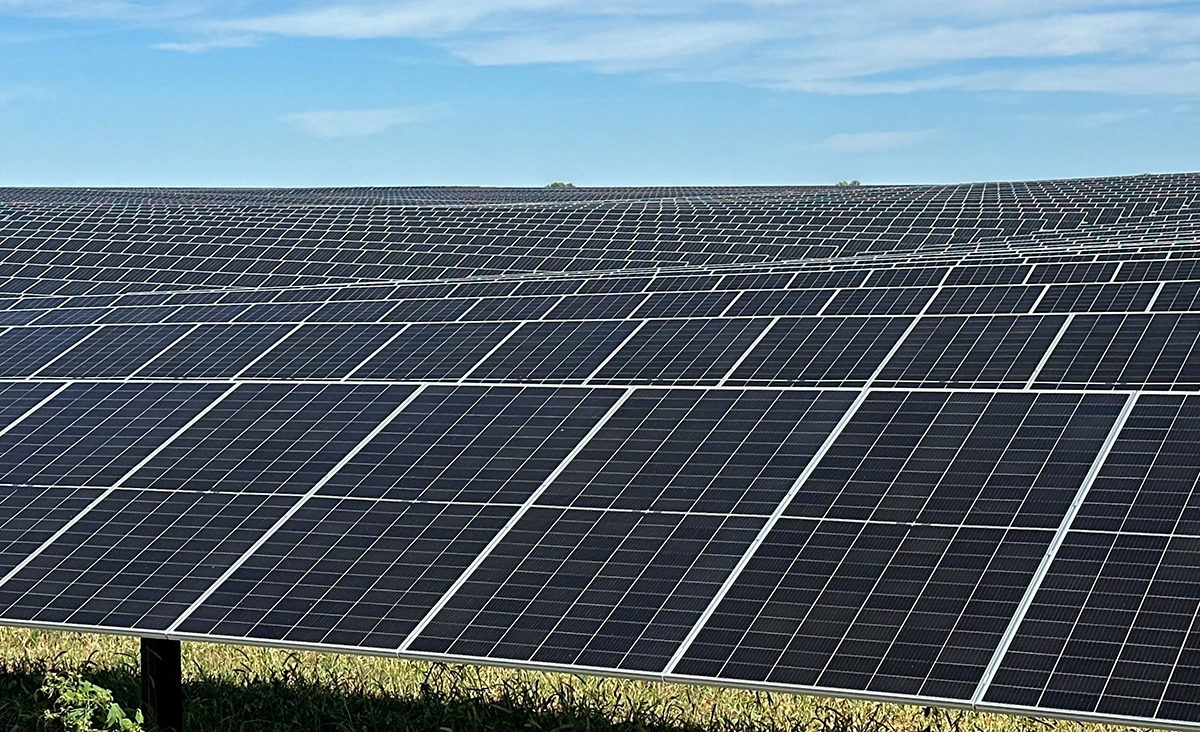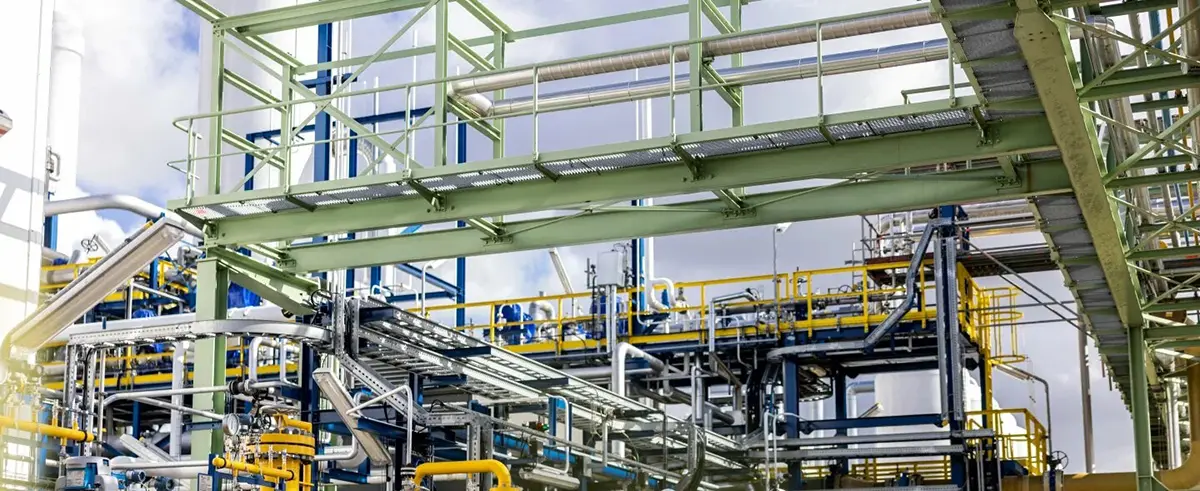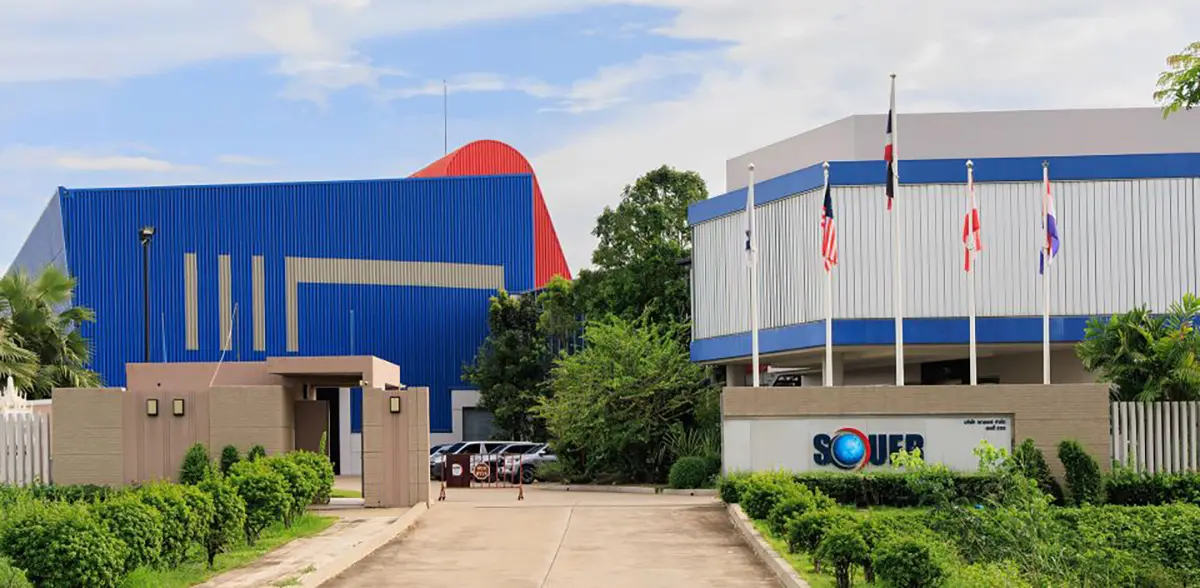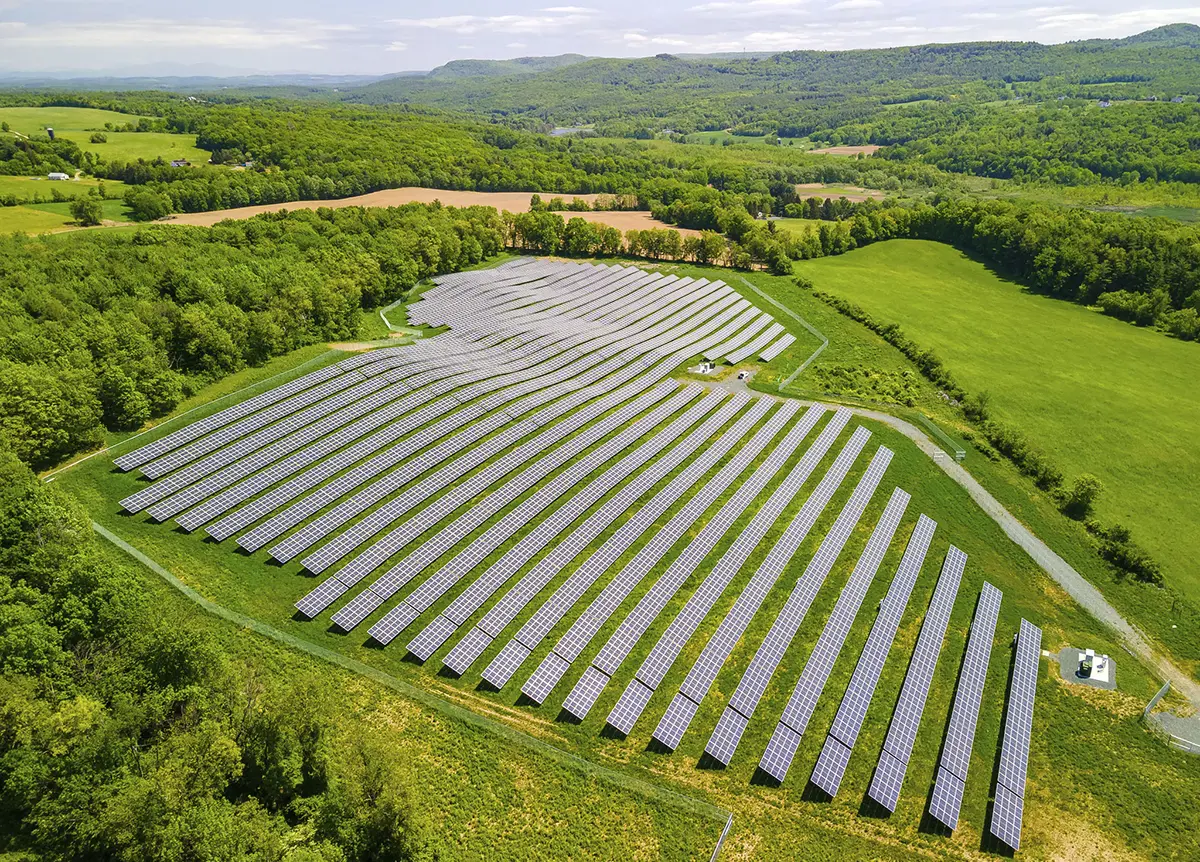
Shell Acquires European EV Company, Ubitricity

Royal Dutch Shell (Shell) has signed an agreement to buy 100% of Berlin-based electric vehicle (EV) charging network company, Ubitricity. As of November 2020, Ubitricity is the United Kingdom’s (UK’s) largest public EV charging network, and has more than 2700 charge points at the time of this writing.
Ubitricity’s competitive advantage is its simplicity. The company’s EV chargers can be retrofitted to lampposts and street posts, making them easy to incorporate into existing city infrastructure. According to Ubitricity, the open standard charge points can be accessed with a Type 2 standard cable and a smartphone that can scan a QR code for activation and payment. The Type 2 charging cable is the standard plug-type used by virtually all new electric cars. “What excites so many people about Ubitricity is that our integration of EV charge points into existing on-street infrastructure makes EV charging easy and accessible for everyone who needs it, where they need it,” said Ubitricity CEO Lex Hartman. “Particularly in larger cities where there is limited access to off-street parking, this is the solution many people have been waiting for to allow them to transition to EV ownership. Combining this piece of the puzzle with Shell’s existing range of EV charging solutions gives EV drivers access to a full range of charging options, making Shell and Ubitricity a perfect match.”
The acquisition announcement came just weeks after The Shell Petroleum Company of Nigeria Limited announced the US$453 million sale of its 30% stake in the Oil Mining Lease 17 in the Eastern Nigeria Delta. In October 2020, Shell’s CEO Ben van Beurden announced a detailed restructuring that will make Shell carbon-neutral by 2050. The plan involves drastically reducing the company’s upstream production as well as reducing its total number of refineries to just 10, down from 15 at the end of 2019 and 55 in 2005. The least effected of Shell’s business lines will be its integrated gas portfolio, which contains Shell’s industry-leading liquefied natural gas (LNG) assets. Shell plans on targeting low-carbon electricity, low-carbon biofuels, and hydrogen in favor of oil production, as well as continual investments in carbon capture and storage (CCS).
The Ubitricity acquisition fits nicely into Shell’s EV charging portfolio. Not including Ubitricity’s assets, Shell has 1000 charging points at around 430 of its retail sites worldwide, as well as access to more than 185,000 third-party EV charging points. “Working with local authorities, we want to support the growing number of Shell customers who want to switch to an EV by making it as convenient as possible for them. On-street options such as the lamp post charging offered by Ubitricity will be key for those who live and work in cities or have limited access to off-street parking. Whether at home, at work, or on-the-go, we want to provide our customers with accessible and affordable EV charging options so they can charge up no matter where they are,” said Executive Vice President of Shell Mobility, István Kapitány. The deal is expected to be finalized sometime later this year.

